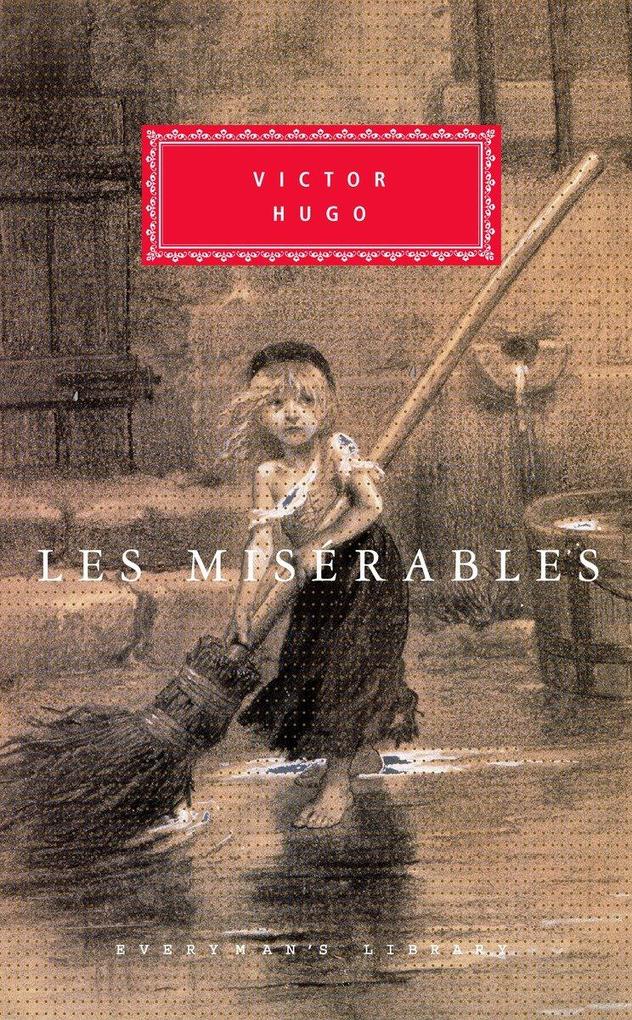
Zustellung: Di, 31.12. - Fr, 03.01.25
Sofort lieferbar
VersandkostenfreiBestellen & in Filiale abholen:
It has been said that Victor Hugo has a street named after him in virtually every town in France. A major reason for the singular celebrity of this most popular and versatile of the great French writers is Les Misérables (1862). In this story of the trials of the peasant Jean Valjean-a man unjustly imprisoned, baffled by destiny, and hounded by his nemesis, the magnificently realized, ambiguously malevolent police detective Javert-Hugo achieves the sort of rare imaginative resonance that allows a work of art to transcend its genre.
Les Misérables is at once a tense thriller that contains one of the most compelling chase scenes in all literature, an epic portrayal of the nineteenth-century French citizenry, and a vital drama-highly particularized and poetic in its rendition but universal in its implications-of the redemption of one human being.
Les Misérables is at once a tense thriller that contains one of the most compelling chase scenes in all literature, an epic portrayal of the nineteenth-century French citizenry, and a vital drama-highly particularized and poetic in its rendition but universal in its implications-of the redemption of one human being.
Produktdetails
Erscheinungsdatum
31. März 1998
Sprache
englisch
Seitenanzahl
1480
Autor/Autorin
Victor Hugo
Übersetzung
Charles E Wilbour
Verlag/Hersteller
Originalsprache
französisch
Produktart
kartoniert
Gewicht
1030 g
Größe (L/B/H)
210/139/59 mm
ISBN
9780375403170










